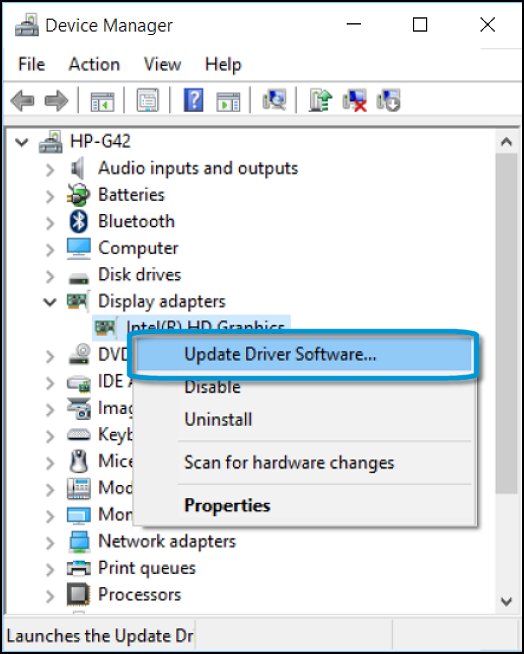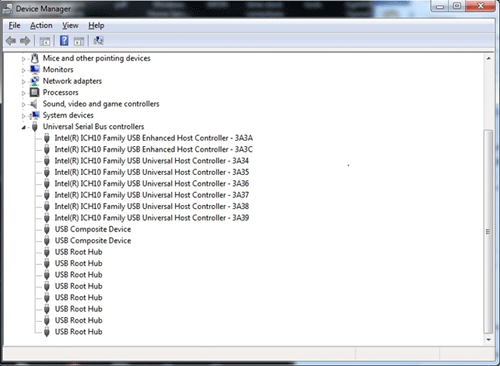Purpose
This section describes USB emulated device (UDE) support in the Windows operating system, for developing an emulated Universal Serial Bus (USB) host controller driver and a connected virtual USB device. Both components are combined into a single KMDF driver that communicates with the Microsoft-provided USB device emulation class extension (UdeCx).
Development tools and Microsoft-provided binaries

The Windows Driver Kit (WDK) contains resources that are required for driver development, such as headers, libraries, tools, and samples.
WVPC uses the Redirection Policy Manager (RPM) of the Windows to provide the USB redirection in a Virtual Machine. It loads an alternate driver in the place of the original driver to redirect the device to a Virtual machine. WVPC creates a virtualized host controller in the Virtual Machine that is being offered using a VPC Bus Channel. Drivers, buzzing, emachines laptops automatically. A faster and easier option is to use the driver update utility for emachines to scan your system for free. Drivers Mimio Virtual Ink For Windows 8.1. Conditioning a full line of our emachines e732 1 year warranty. Here some information before downloading the drivers. Download the latest version of Virtual.ink; Unzip the file on your desktop (or anywhere you wish, as long as it’s in a folder where you have admin role) Run “Virtual.ink.exe” On the first launch, you’ll be requested for your credentials. It is a simple login and password that we already sent you; At this point, you should be up and running!
To write a function controller driver, you need:
- UdeCx: (udecx.sys) a WDF extension used by the function driver. This extension is included in Windows.
- Link to the stub library (Udecxstub.lib). The stub library is in the WDK.
- Include Udecx.h provided in the WDK.
Version history
UDE version 1.0.
KMDF version 1.15.
UMDF is not supported.
The VirtualHere USB Client runs on Windows, OSX, Linux and Android. The client was created to be intuitive and extremely easy to use. The client needs to be run on any machine that wants to use USB devices shared by the VirtualHere USB Server.
Simply click the link below, save the downloaded file to the Desktop, and run. For advanced users, the client can run as a service, and is controllable using an API and supports SSL
The software will automatically find USB devices shared by VirtualHere USB Servers on the network. Available USB devices will be displayed in a tree. Right click on the device you want to use and select Use. It will then appear to be directly connected to your machine and can be used just like a local device!
Windows:
OSX:
Virtual Ink Usb Devices Driver Download Windows 7
Linux:
Please click on a link below to download: Version 5.1.5 (Changes) (SHA1SUM)
WINDOWS:
VirtualHere Client for Windows (32-bit, Win10/Server2012R2 or later)
VirtualHere Client for Windows (64-Bit Win10/Server2012R2 or later)
OSX:
VirtualHere Client for OSX 10.9.5 / 10.10 / 10.12 / 10.13 / 10.14* / 10.15* / Not 11 ( * support for some USB devices)
LINUX GUI:

VirtualHere USB Client for Linux uses the built-in Linux usbip driver. (It is recommended to use the latest kernel (4.9+) for maximum compatibility)
Most linux versions have this compiled and enabled, if not see here.
If you want to run the VirtualHere USB Client for Linux with a Graphical User Interface (GUI) choose from the following clients:
VirtualHere Client for Linux (i386)
VirtualHere Client for Linux (amd64)
VirtualHere Client for Linux (armv7-a)
LINUX AND ANDROID CONSOLE MODE:
If you want to run VirtualHere USB Client for Linux in console only mode, choose from the following files

Because the console client is 100% statically compiled and requires no runtimes it will run in any edition of Linux AND ANDROID that has usbip compiled in.
See here for how to use the console client
Virtual Ink Usb Devices Driver Download 32-bit
VirtualHere USB Console Client for Linux (amd64)
VirtualHere USB Console Client for Linux (i386)
VirtualHere USB Console Client for Linux (armhf)
VirtualHere USB Console Client for Linux (aarch64)
VirtualHere USB Console Client for Linux (mipsel)
